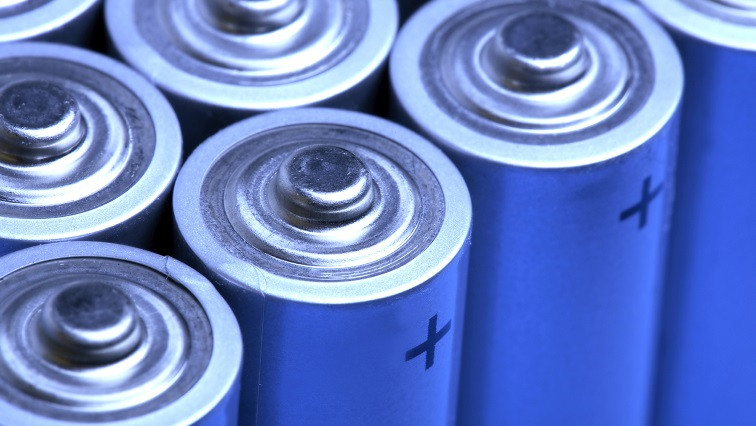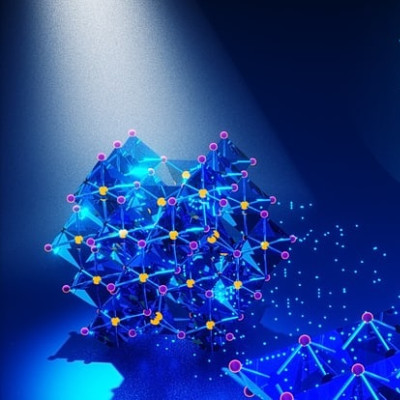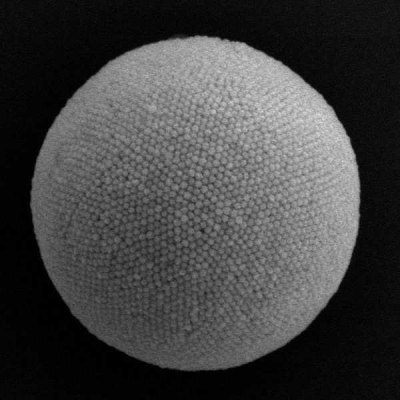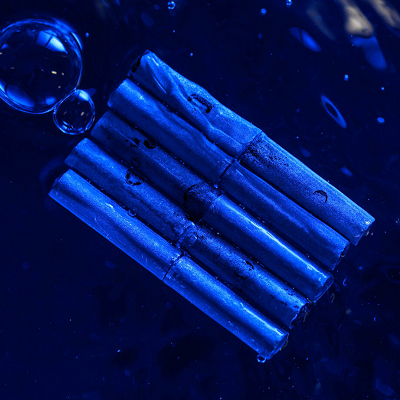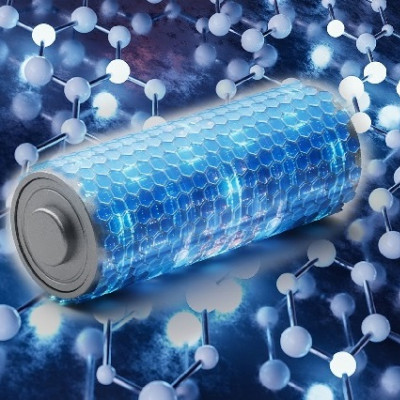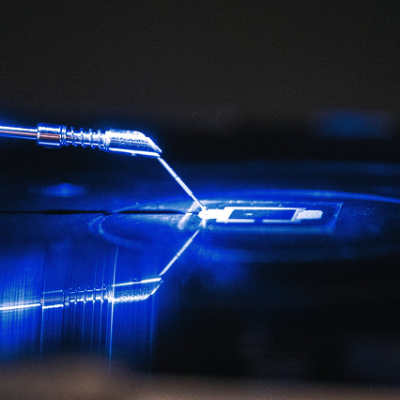Strategy and Commercial Support Lead Jeff Moore presented on the company yesterday during a Wisconsin Technology Council meeting in Madison. COnovate is developing a “remarkable fundamentally distinct” material called graphene monoxide, he said, describing it as a highly stable, solid form of carbon monoxide.
“It has a number of intriguing properties,” he said. “It’s strong and flexible, more so than graphene, firmly conductive, and also a semiconductor. So there are a host of applications available to it, but the company’s efforts are centered on battery opportunities, to exploit the unique capabilities it has as an anode material.”
Anodes are battery components that, along with cathodes, enable the flow of electric charge. They’re typically made of graphite, Moore said, noting this material “works well now” but isn’t ideal for the next generation of battery technologies that are aiming for greater capacity.
“The bigger problem is that there’s a supply chain issue,” he said. “Over 90% of battery-grade graphite comes from China. We’re in the middle of a trade war with China. China has already executed export restrictions that could be devastating to any manufacturer outside of China.”
He said “the time is now” for a viable domestic alternative, arguing COnovate’s “ecophite” composite material based on biological feedstock fills that gap. Moore said it performs better than the industry standard, is cost-competitive with graphite, has higher capacity and is safer to operate due to its chemical makeup.
The company’s approach can use existing industrial infrastructure for production, he said, and its material can be used as an additive in existing designs. It was first discovered in miniscule quantities, and has been scaled up to 10-kilogram batches using conventional furnace equipment, he said.
“We have a manufacturing partner in place and we have devised a plan to deliver this material with their equipment, to accelerate our entry into the marketplace,” he said.
Since launching in 2016, the company has landed more than $3.5 million in non-dilute grant funding from both state and federal sources and has raised more than $1.6 million in investment funding, according to its website.
Read the original article on WisBusiness.

